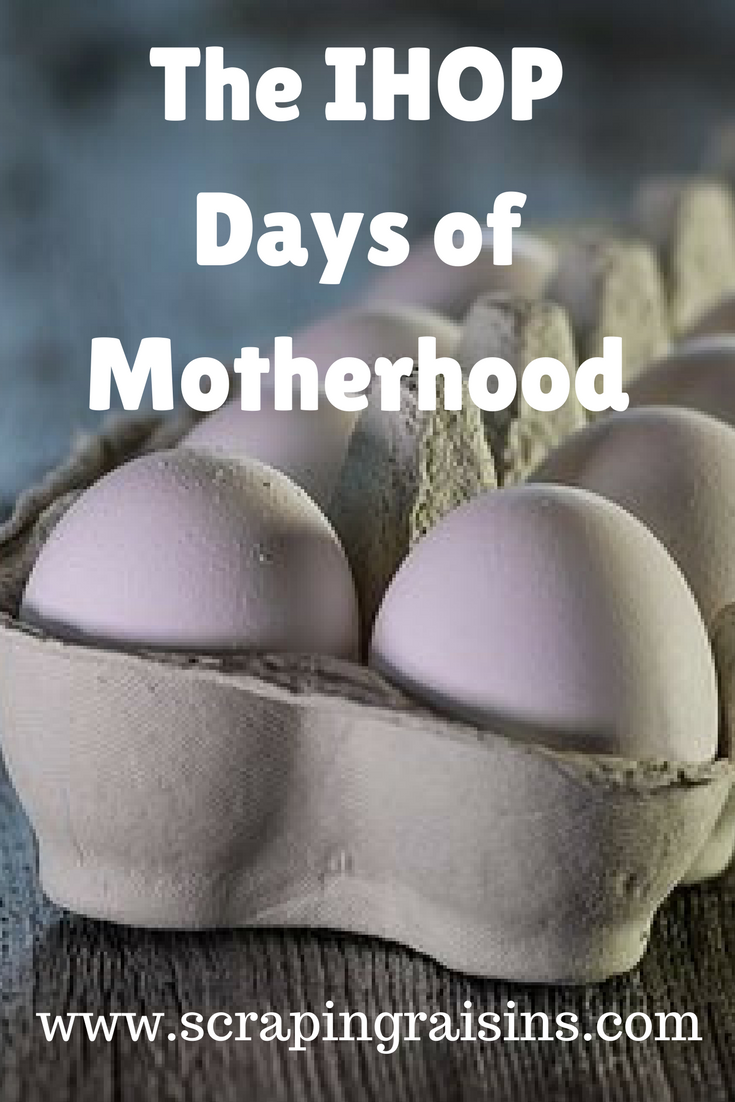
Day 7 (March 20)
I’m sure many people will write about this time, but they will be peering out of their own windows at their own trees or neighbor’s houses. They’ll be hiding in their own corners of messy bedrooms, writing out of stolen silence while their partners are watching the children or joining a virtual meeting in the basement. Others will have a similar tale to mine, but we will each have our own particular stories to tell.
My kids often ask my husband and me to tell them stories at the dinner table. Yesterday I agreed and started, “Once upon a time the entire world shut down and everyone had to stay inside for weeks …” I told my three kids they’re living the story they’ll tell their children one day.
It’s strange how much can change in a matter of days. How life can reorient and upend your equilibrium like being toppled by a wave and spinning underwater. Which way is up? There is no “normal.” No one feels they have the right to complain because someone somewhere has lost a job, a business, a child, or her own life. But we’ve all lost something.
Nine days ago I was speaking to a group of 30 women in a church auditorium about practicing hospitality and cultivating community through face-to-face contact. That seems unfathomable now. I challenged them to step away from their digital lives to engage in their real-life relationships. Today, we are self-isolating and I haven’t been within three feet of anyone other than my family members and housemate for more than a week. Socializing in person is potentially lethal, while isolation leads to life. Which way is up?
Nine days ago I wouldn’t have imagined I’d be meeting with my neighbors on a video call to find out if we all have enough toilet paper and rice.
It only took a week to remind us we belong to one another, that we can’t exist without each other, that we actually needed each other all along and were often too busy to notice.
In a strange reversal of everything we once knew, we are learning to see neighbors, notice beauty, and support even strangers simply because they share our zip code. It turns out love molds itself to the most dire of circumstances. Love adapts and shape-shifts to meet our deepest needs.
But I feel small and powerless. Yesterday I re-read the end of Job where God reminds Job that he is dust and that it’s God who commands the sun to rise and the storms to thunder. Like standing by the edge of the ocean or on the rim of an inactive volcano, a helicopter buzzing like a tiny bee in a huge hive of the volcano’s crater, a world-wide pandemic reminds us how small and insignificant we really are. A pandemic reminds us how quickly our goals, plans, and hard work turn to ash.
Isolated at home, we are living in kairos time. The children astound me with their creativity as they make costumes from the recycling bin, re-create the beach indoors, or act out elaborate stories. We watch movies together and I rub their soft, chubby arms as they curl up in my lap. They must sense my unease, because they are listening more willingly and offering more hugs than usual. Chronos has lost its grip on us; every day is flooded with kairos moments.
Some scholars use the book of Esther as an example of kairos time. The queen—an Israelite in hiding—is perfectly situated to save her people when the king agrees to exterminate them. Only she can save them—if she dares. She was placed in the palace at that particular time in history “for such a time as this.”
Earlier this year, instead of seeking “my calling,” I started seeking God. Each day that I remembered, I prayed: “God, what are you calling me to do today?” And when I remember to pray that prayer, a word or phrase usually comes to mind: “Be with your family.” “Write.” “Rest.” God doesn’t often invite us to big things. Usually, our daily call seems miniscule and insignificant. Right now we are called to embrace small moments. Moments like snuggles and funny questions (last night my five year old daughter asked before bed, “Mommy, why is quick sand so quick?”), small gifts like toilet paper, coffee, and fresh produce, and even the inconveniences that challenge us to adapt, grow, and learn new things.
10 Days Later (March 30)
The worldwide death toll is now over 35,000.
Today begins our third week of isolation. Last night the president issued a stay-at-home order for the entire country until April 30th. My optimism is wavering.
Last week my husband complained that we’re busier now than before all this began. A novel way of interacting a couple weeks ago, many of us now have Zoom Call Fatigue. But we’re desperate for social interaction—even if it means laughing together from boxes on a screen and talking about what we’ll do first after this is all over.
Now, the only way to stay hopeful is to mentally slide a frame over Today and focus on one day at a time instead of an entire month (or months) of boxes in a calendar. I’ve been keeping a running mental tally of simple gifts: our backyard, hints of spring peeking out from the dead garden soil, the mysteries and hopes of Easter shrouded in clouds of fear and uncertainty. I scratch my kids’ backs as I pray for them at night, listing off our many gifts in our bedtime prayers: “God thank you for health, our home, our family, food, meeting our basic needs, spring coming, God’s love and presence with us at all times … “
A few nights ago I dreamed of hugging someone other than my family member. Seconds later, I panicked because I had touched someone. On a hike at a local open space this past weekend, I bent down to pick up a small, unopened package of fishing lures someone had dropped. “You should wipe that off before you touch it!” my seven year old son said. Before my kids’ show on Amazon Prime, the usual advertisement has been replaced by the Baby Shark song singing to kids about washing their hands.
How is this time altering our brain chemistry and our natural ways of moving in the world? And how permanent will the changes be? Will my children carry some latent fear of physical touch or proximity to people into their adulthood? As a mother, I am afraid for them.
We are spending as much time outdoors as possible. Nature is nurturing and distracting us. Homeschool looks more like Natureschool or Backyardschool. Social distancing is forcing my kids to play together. In their fantasies, my children enter a state of oblivion to the deadly Covid Monster. Last week they pretended four huge boulders at the top of the rust-colored hogbacks at a state park were the toes of a giant sleeping upside down (which was very concerning for my three year old, who kept asking me if the giant was real.) Watching children play is therapeutic for me. Perhaps it’s saving them, too.
Psalm 46 has been a constant comfort. The repetition of God being “with us” reminds us we’re not alone. Western society is always in need of the nudge to “be still and know that he is God.” Americans hate silence and being static. We’re afraid of what we’ll hear in the stillness when we can no longer numb with movement and noise. But it’s through stillness that we begin to know God. I need courage to push through the discomfort, awkwardness and boredom of isolation to enter into a greater awareness of God.



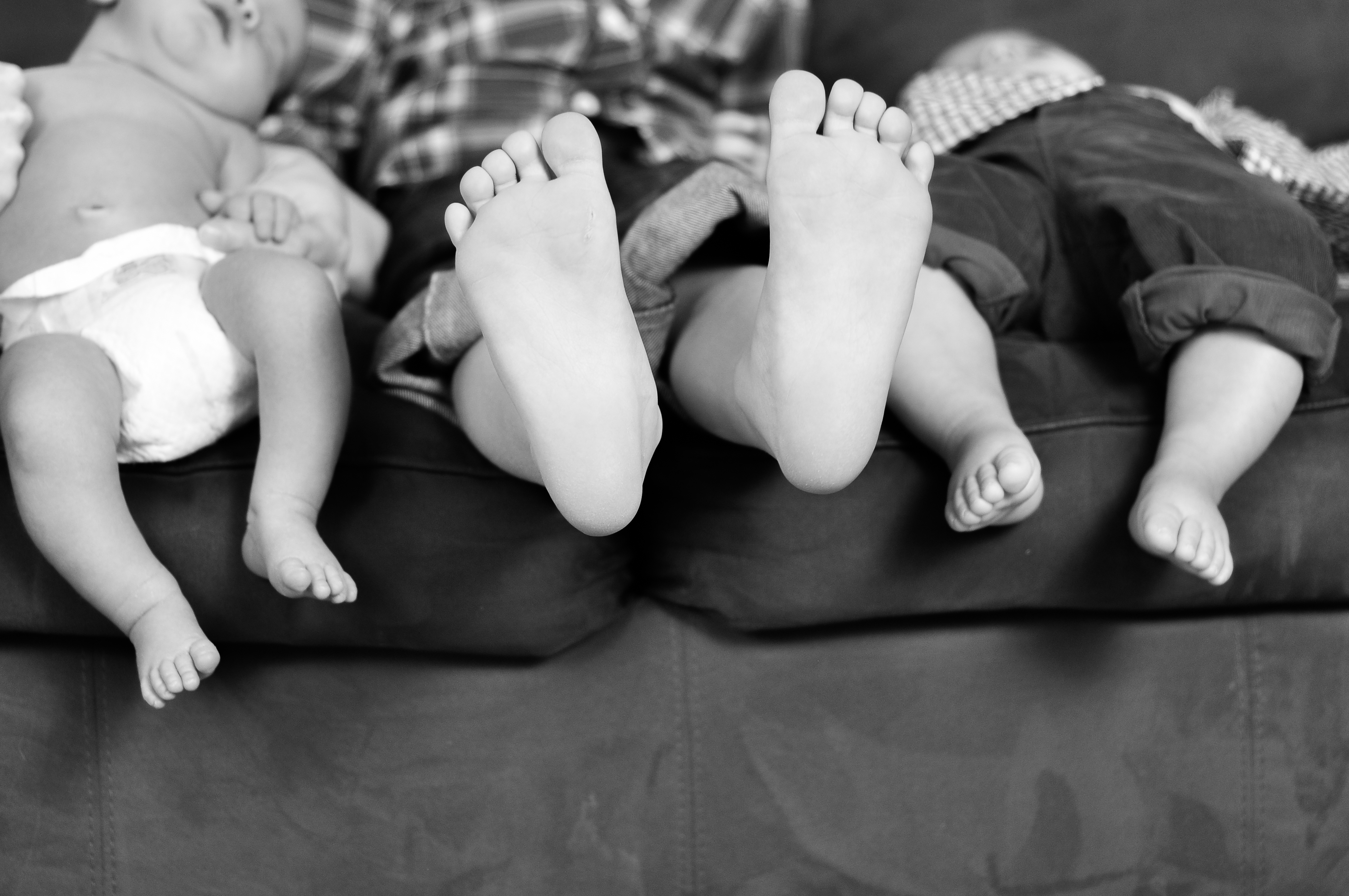

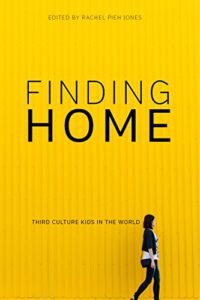 We’re doing a giveaway of the e-version of this book of essays by various writers about what it’s like to raise or be a Third Culture Kid (TCK). To enter, simply sign up for
We’re doing a giveaway of the e-version of this book of essays by various writers about what it’s like to raise or be a Third Culture Kid (TCK). To enter, simply sign up for 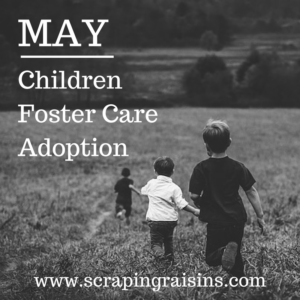
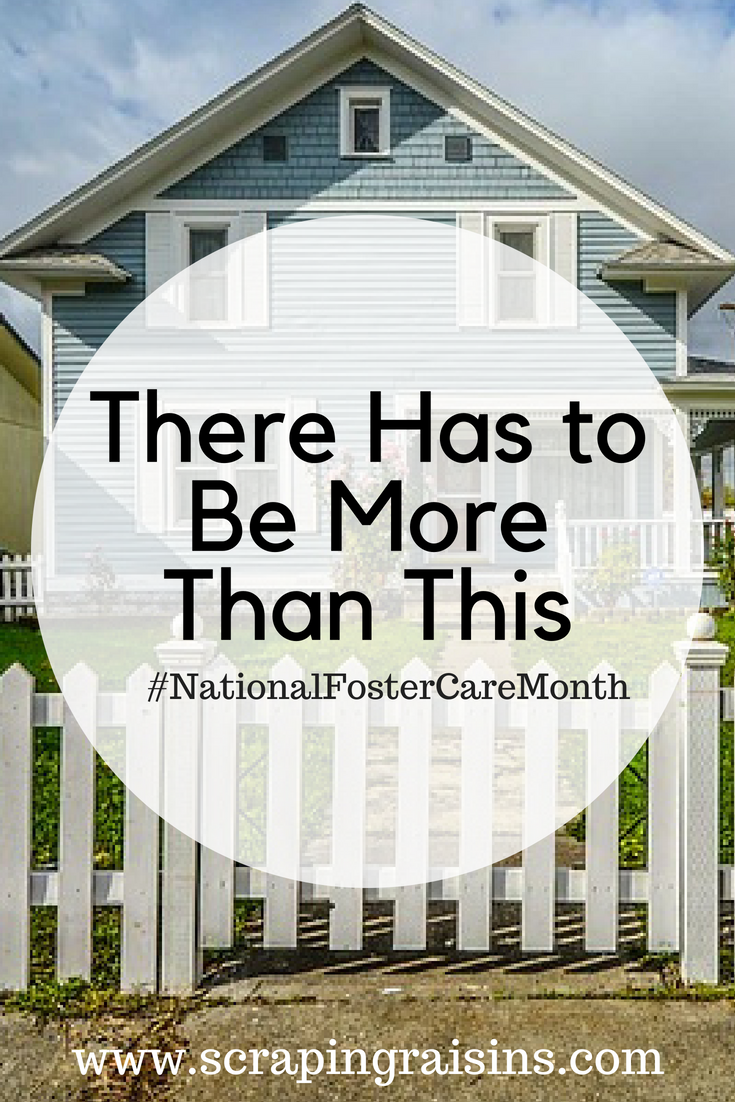
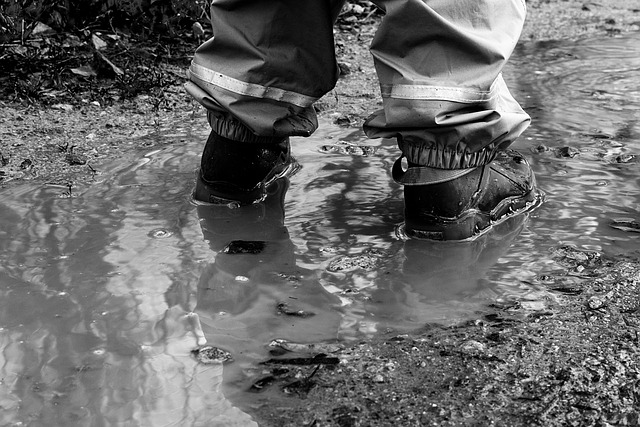
 Gena Thomas served as a missionary in northern Mexico for over four years with her husband, Andrew. While there, the couple founded and managed El Buho, a coffee shop ministry that still serves the town of Hidalgo. Gena holds a masters in International Development. Purchase her book,
Gena Thomas served as a missionary in northern Mexico for over four years with her husband, Andrew. While there, the couple founded and managed El Buho, a coffee shop ministry that still serves the town of Hidalgo. Gena holds a masters in International Development. Purchase her book, 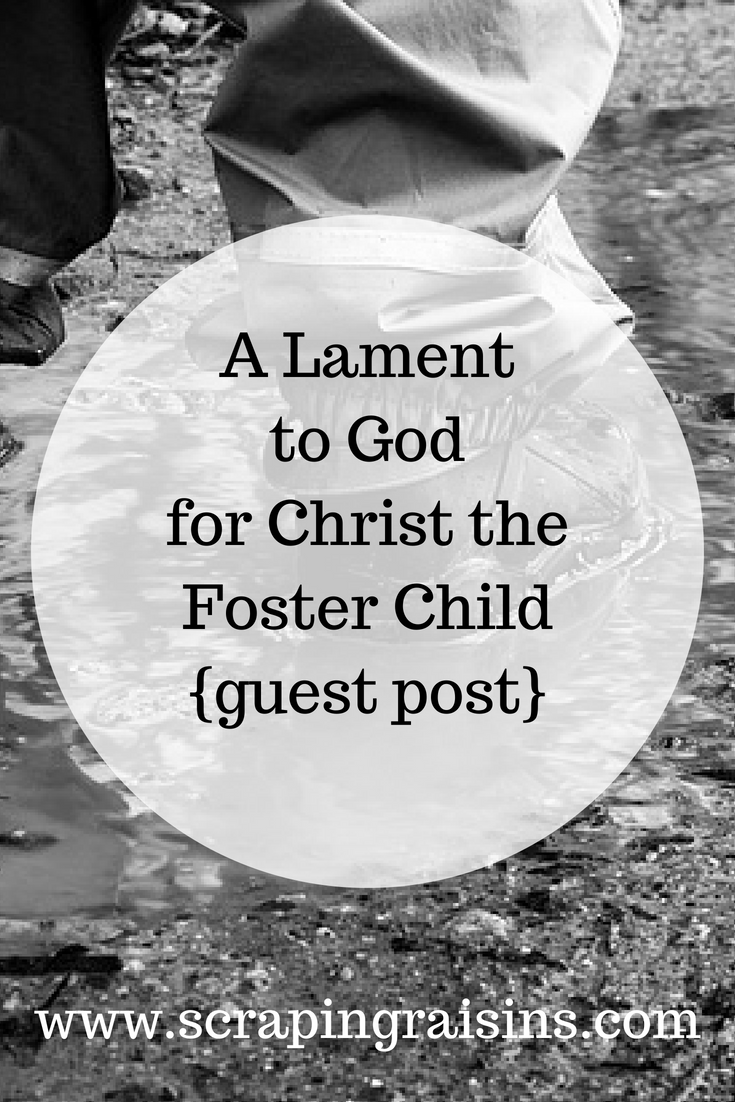
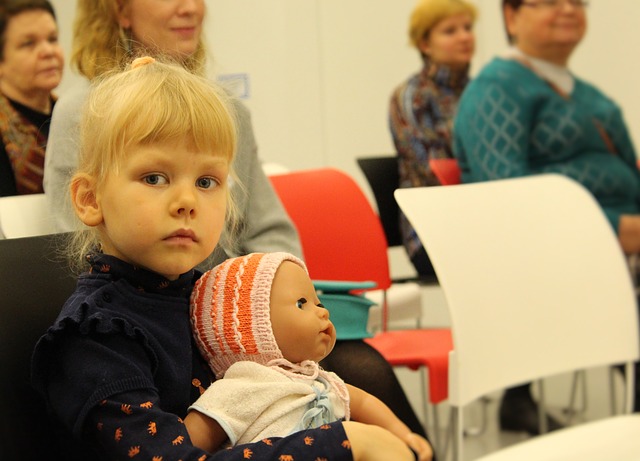
 Katie is the founder of
Katie is the founder of 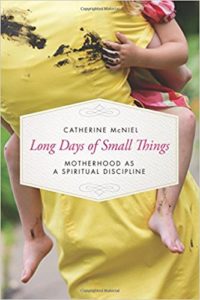 I have three books to giveaway this month, so keep an eye out for them! This week, I’m giving away a copy of
I have three books to giveaway this month, so keep an eye out for them! This week, I’m giving away a copy of 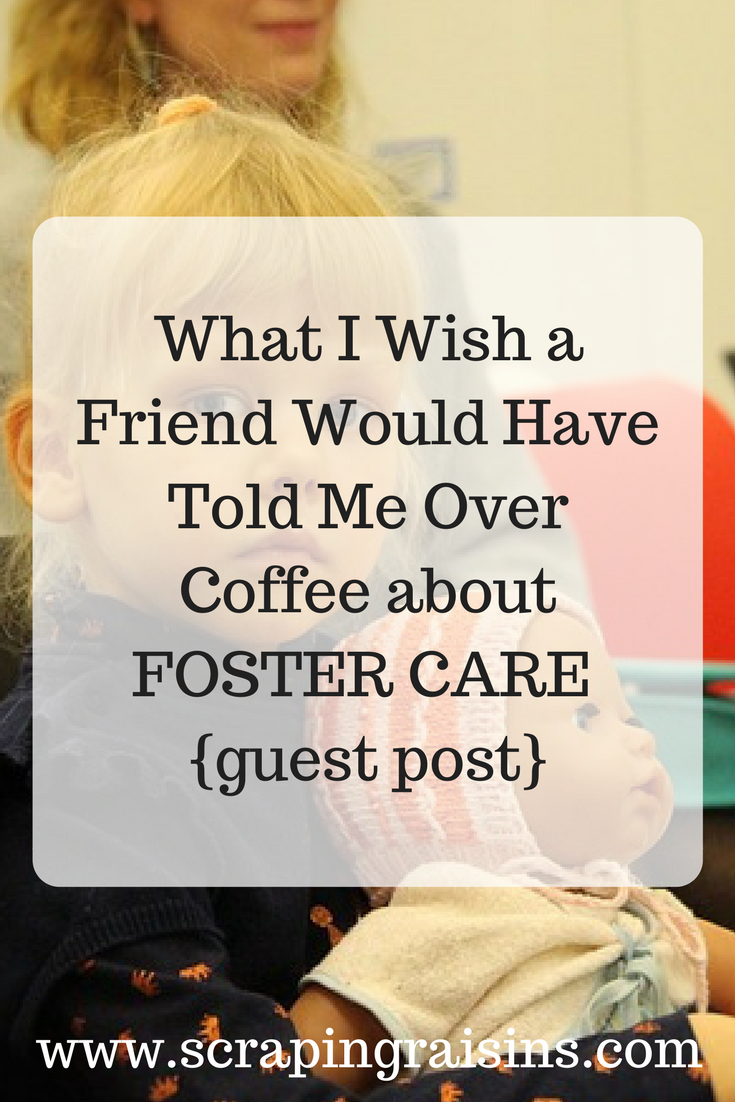

 Thank you for meeting me here in this space. The theme for March is “Simplify,” so you can
Thank you for meeting me here in this space. The theme for March is “Simplify,” so you can 